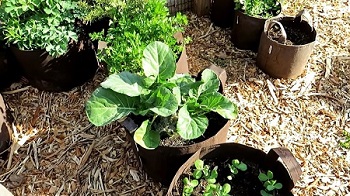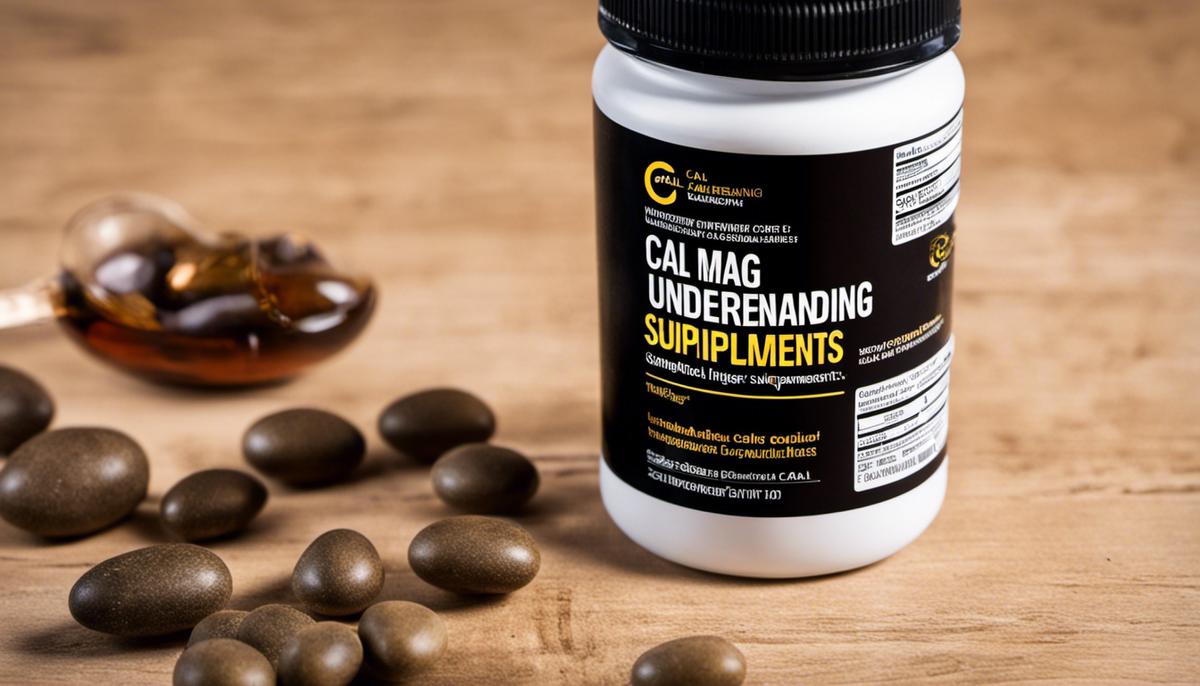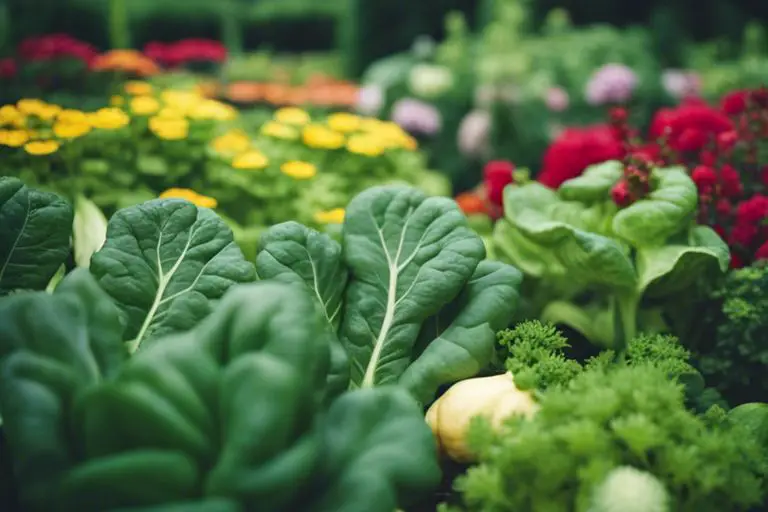Hydroponic gardening is becoming increasingly popular due to its efficiency and sustainability. However, many people are still unsure about the best way to nourish their plants. Organic nutrients offer a natural and safe option for hydroponic gardening, providing numerous benefits for both plants and the environment.
What are organic nutrients?
Organic nutrients are derived from natural sources, such as compost, seaweed, or bone meal. They contain a range of essential minerals and nutrients that are necessary for plant growth, including nitrogen, phosphorus, and potassium (NPK). These nutrients are often released slowly, providing a steady supply of nutrition for plants.
Advantages of organic nutrients in hydroponic gardening
There are many benefits of using organic nutrients in hydroponic gardening, including:
1. Healthier plants
Organic nutrients provide a balanced and natural source of nutrition for plants. This can lead to healthier and more resilient plants, which are better equipped to resist pests and diseases. Organic nutrients also encourage root growth and improve overall plant vitality.
2. Improved flavor and aroma
Plants grown with organic nutrients often produce more flavorful and aromatic fruits and vegetables. This is because organic nutrients contain a range of micronutrients and trace elements that contribute to the taste and aroma of plants.
3. Safer for the environment and human health
Organic nutrients are a sustainable and environmentally friendly option for hydroponic gardening. They do not contain harmful chemicals or synthetic fertilizers, which can have a negative impact on the environment and human health.
4. Cost-effective
Organic nutrients can be a cost-effective option for hydroponic gardening. While they may be more expensive than synthetic fertilizers, they provide a range of benefits for plants and the environment, which can ultimately save you money in the long run.
5. Easier to manage
Organic nutrients are often easier to manage than synthetic fertilizers. They do not require complex pH balancing or frequent monitoring, making them a convenient option for both novice and experienced gardeners.
How to choose the right organic nutrients for hydroponic gardening
When choosing organic nutrients for hydroponic gardening, there are several factors to consider:
1. NPK ratio
The NPK ratio of organic nutrients is an important consideration when selecting the right option for your plants. This ratio refers to the relative amounts of nitrogen, phosphorus, and potassium in the nutrient solution. Different plants require different ratios of NPK, so it is important to choose a nutrient solution that is appropriate for your specific plants.
2. pH balance
The pH balance of your nutrient solution is also important. Most plants prefer a slightly acidic pH level of around 6.0 to 6.5. Organic nutrients can help regulate the pH balance of your nutrient solution, ensuring that it is within the optimal range for your plants.
3. Mineral content
Organic nutrients contain a range of minerals and micronutrients that are essential for plant growth. When selecting organic nutrients, it is important to consider the specific mineral content of each option and how it aligns with the needs of your plants.
4. Organic certification
When choosing organic nutrients for hydroponic gardening, it is important to look for products that have been certified as organic by a reputable organization. This ensures that the product has been produced using natural and sustainable methods, without the use of harmful chemicals or synthetic fertilizers.
Related Questions
Are organic nutrients more expensive than synthetic fertilizers?
While organic nutrients may be more expensive upfront, they provide a range of benefits for plants and the environment that can ultimately save you money in the long run.
Can I use regular soil fertilizers in hydroponic gardening?
No, regular soil fertilizers are not suitable for hydroponic gardening as they can clog the system and cause nutrient imbalances.
What is the best NPK ratio for hydroponic gardening?
The best NPK ratio for hydroponic gardening depends on the specific needs of your plants. Research the optimal NPK ratio for your plants and choose an organic nutrient solution that aligns with those needs.
Can I make my own organic nutrient solution?
Yes, you can make your own organic nutrient solution using natural ingredients such as compost, seaweed, or bone meal. However, it is important to ensure that the solution is properly balanced and contains all the necessary minerals and nutrients for your plants.
Are organic nutrients safer for human health?
Yes, organic nutrients are safer for human health as they do not contain harmful chemicals or synthetic fertilizers that can have negative impacts on both the environment and human health.
Conclusion
Organic nutrients offer numerous benefits for hydroponic gardening, including healthier plants, improved flavor and aroma, and environmental sustainability. When choosing organic nutrients, it is important to consider factors such as the NPK ratio, pH balance, mineral content, and organic certification. By using organic nutrients in your hydroponic garden, you can grow plants that are not only healthier and more flavorful, but also safer for the environment and human health.



